“Trust the process” is a lot to ask in any situation.
Whether it be the dodgy-looking halfway point of a haircut, or watering soil and hoping for fruit, we are often tasked with having a bit of faith before we start to see visible, positive change in the world.
In the justice system, we are asked to have that same faith in process – only the stakes are much higher, emotionally, physically and mentally.
This is a system dealing with the most vulnerable, traumatic and frightening moments of human lives.
In order to preserve fairness in justice, we are asked to let the courts and juries do their jobs – however excruciating that may be for victims, survivors, and defendants.
And most of the time, people can accept that.
But this week, there was understandable outrage in Holyrood over a parole hearing to be held for Dundee murderer Robbie McIntosh, who left Dundee gran Linda MacDonald for dead in Templeton Woods after a brutal attack – while home on leave for a life sentence.
Who are we to ask Robbie McIntosh survivor to keep the faith?
Linda survived, and upon hearing the news of McIntosh’s hearing, wrote to the parole board to try and keep her attacker behind bars.
She said: “There is absolutely no justice in this whatsoever.”
And it’s no surprise that the public and opposition politicians are inclined to agree.
After a litany of failures within the justice system allowed McIntosh to bludgeon a women despite already being an incarcerated murderer, it’s difficult to keep the faith.
More difficult still when, to most onlookers, this newly-announced parole hearing feels like repeating the same mistake that lead to Linda McDonald’s traumatic attack.
Nicola Sturgeon insists that a Scottish Prison Service review is already leading to “positive changes” and that home leave is an accepted part of the rehabilitation programme.
Let’s hope she’s right.
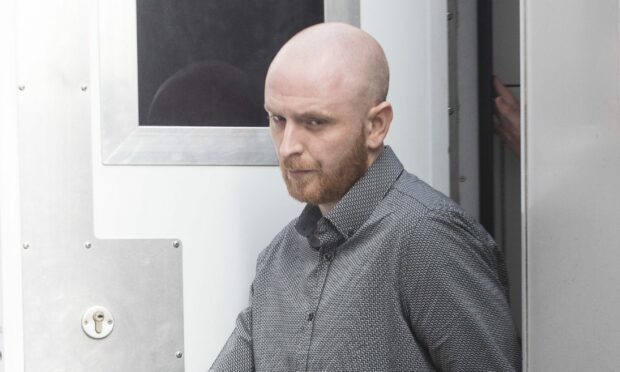
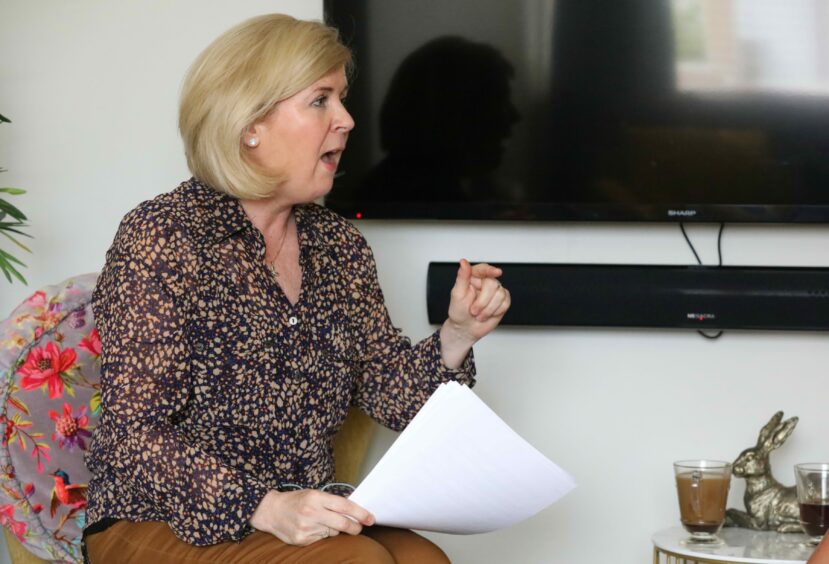
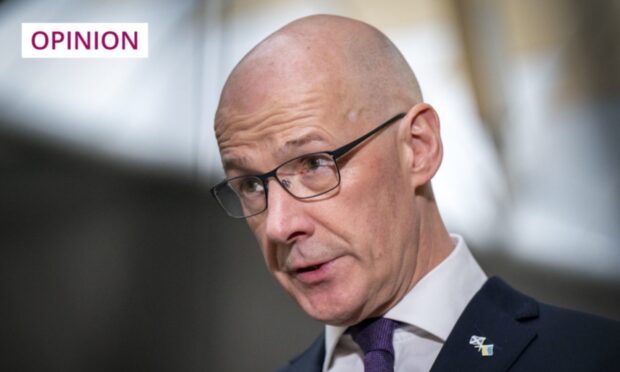



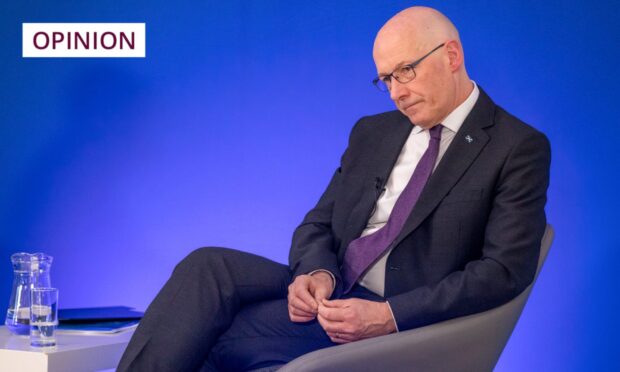

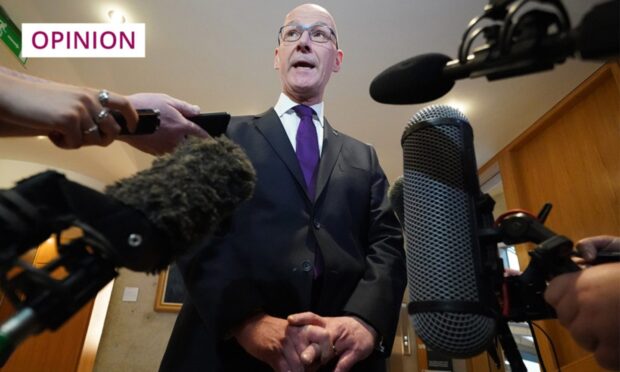


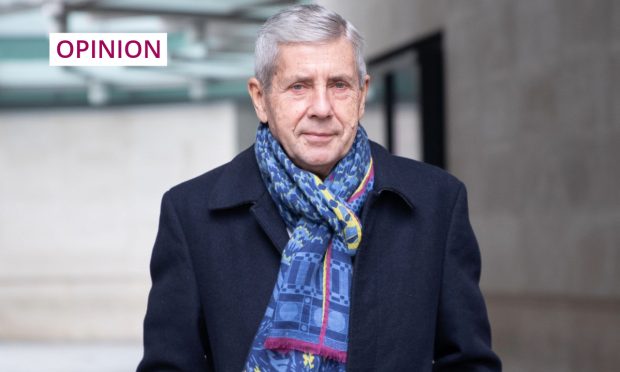
Conversation